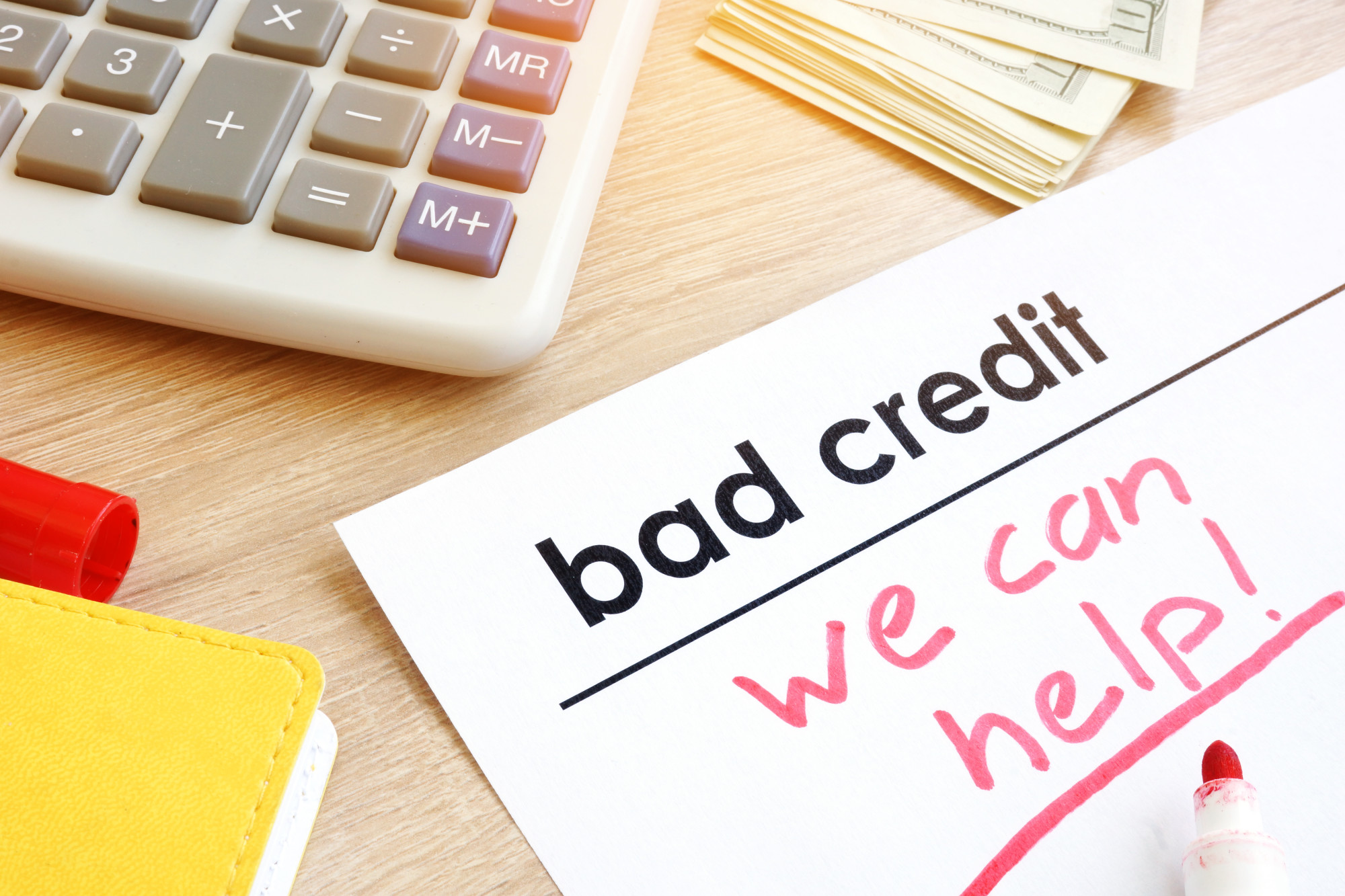
Have you had an emergency situation come up that requires more cash than you have in the bank? Are you struggling to pay off credit cards in time? Then it may be time to consider taking out a loan.
Loans are short-term solutions to problems that need to be resolved quickly. Although it’s always better to plan for these emergency events and pay for yourself through a savings account, loans for emergencies and loans for poor credit can help.
Read on to learn all about taking out loans for your credit and how you can do it the smart way!
What Is Poor Credit?
First, it helps to know about credit scores and what the difference is between a good and poor score. The Fair Isaac Corporation, or FICO, created these credit scores in 1981 in order to help creditors assess whether you’re more or less likely to repay debts.
Poor scores range from 300 to 579, while excellent scores are 800 to 850. However, according to Experian, the average credit score for both men and women in 2020 is 705–a good score.
Poor credit can make it harder to make large investments, such as:
- Qualifying for an apartment lease
- Purchasing a home
- Applying for better credit cards
The best way to improve your poor credit score is to work on paying off your debt as soon as possible. Once the debt is paid off, you can pump more money into your savings accounts and then apply for a credit card that offers you better rewards.
What Is a Personal Loan?
A personal loan is when you borrow money from a bank, online lender, or credit union.
After you borrow the money, it needs to be repaid in equal monthly installments. Each of these installments includes an interest rate. Interest rates will be higher if your credit score is poor.
Taking out a loan can even help improve your credit, but you need to be sure to make the payments every month.
Personal Loans for Poor Credit
Since personal loans come with such high-interest rates, it’s recommended not to use them for any kind of discretionary spending. In those cases, it’s better to take a look at your income and expenses and create a budgeting plan that allows you to save more money.
However, a personal loan can be a good option for you if you want to reach a financial goal such as paying off debt. Debt consolidation is when you take out a personal loan in order to quickly pay off a high-interest debt. You’ll be saving money in the long run because you’ll no longer be taking a hit through the high-interest payments you owe on credit cards.
It can also be easier for people to take out a loan to pay off multiple credit cards. This way, you’ll only have one payment each month, which can make it easier to handle.
Choosing the Best Loans for Poor Credit
You’ll find that the best loans for poor credit will have a lower APR than your credit card debt APR. If it’s higher, this means you’re putting yourself at even more risk by increasing the amount of money you need to pay off the loan in total.
Write down everything you owe for each credit card along with the APR. When you begin researching your personal loan options, make sure that the APR they offer is lower. This can be hard if you have a poor credit score.
In order to choose the best personal loan for your situation, here are a few tips:
- Use a personal loan calculator to estimate your monthly payments
- Compare rates of different lenders–don’t go with the first lender you find
- See if the lender has a flexible payment schedule that allows you to change the due date
Remember to write down your options on a piece of paper or an Excel document. Dealing with a poor credit score can be daunting because of all the negative stigma associated with it. By keeping track of the numbers and facts, you’re taking control of your financial future.
Creating a Budget
Last but not least, it’s important to remember that a personal loan is a short-term solution. You need to be able to have a budget and a plan in place so that after you take out the loan, you’re on track for a more stable lifestyle that doesn’t require any more loans.
The easiest thing to do is to create a simple budget so that you know what’s happening with your cash each month. That way, you can find ways to both save and earn more money.
First, you’ll want to figure out your after-tax income each month. Then follow the 50/30/20 plan.
- 50% of income for necessities
- 30% of income for desires
- 20% of income for debt repayment or savings
By keeping everything written down, you’ll know exactly what’s happening with your money for each month. You’ll be able to discover ways you can save money.
Utilizing Loans for a Better Financial Life
Taking out personal loans for poor credit isn’t necessarily a negative thing. If you pay on time, a loan can help you rebuild your credit score. Even better, personal loans can help consolidate debt from multiple credit cards so that you have a single payment with a lower APR.
It’s important that you take the time to create a budget and plan for the future of your financial life. You don’t want to come reliant on loans–they’re simply a short term way to get you out of a bad situation.
Ready to claim your cash now? Applying takes less than five minutes and doesn’t require a credit check!
